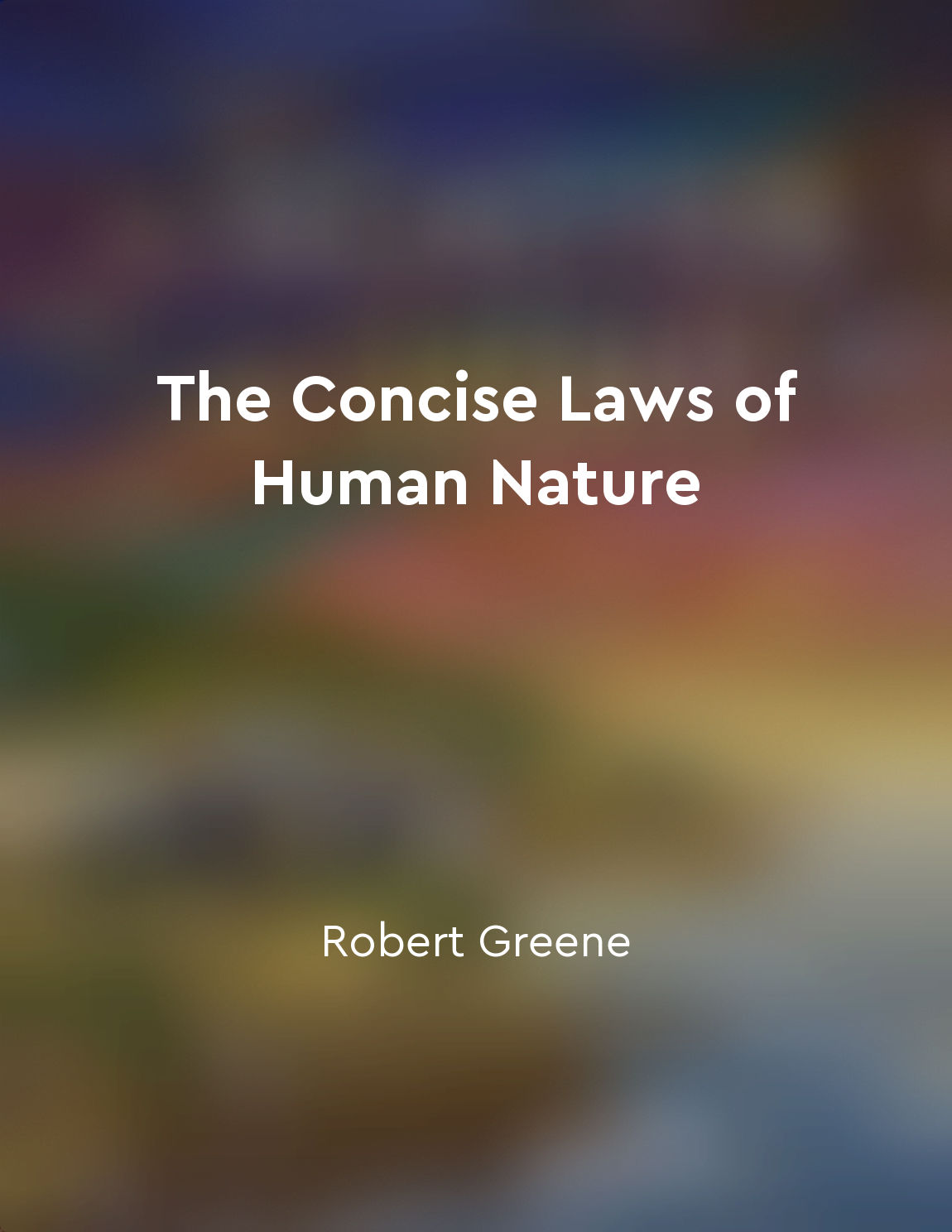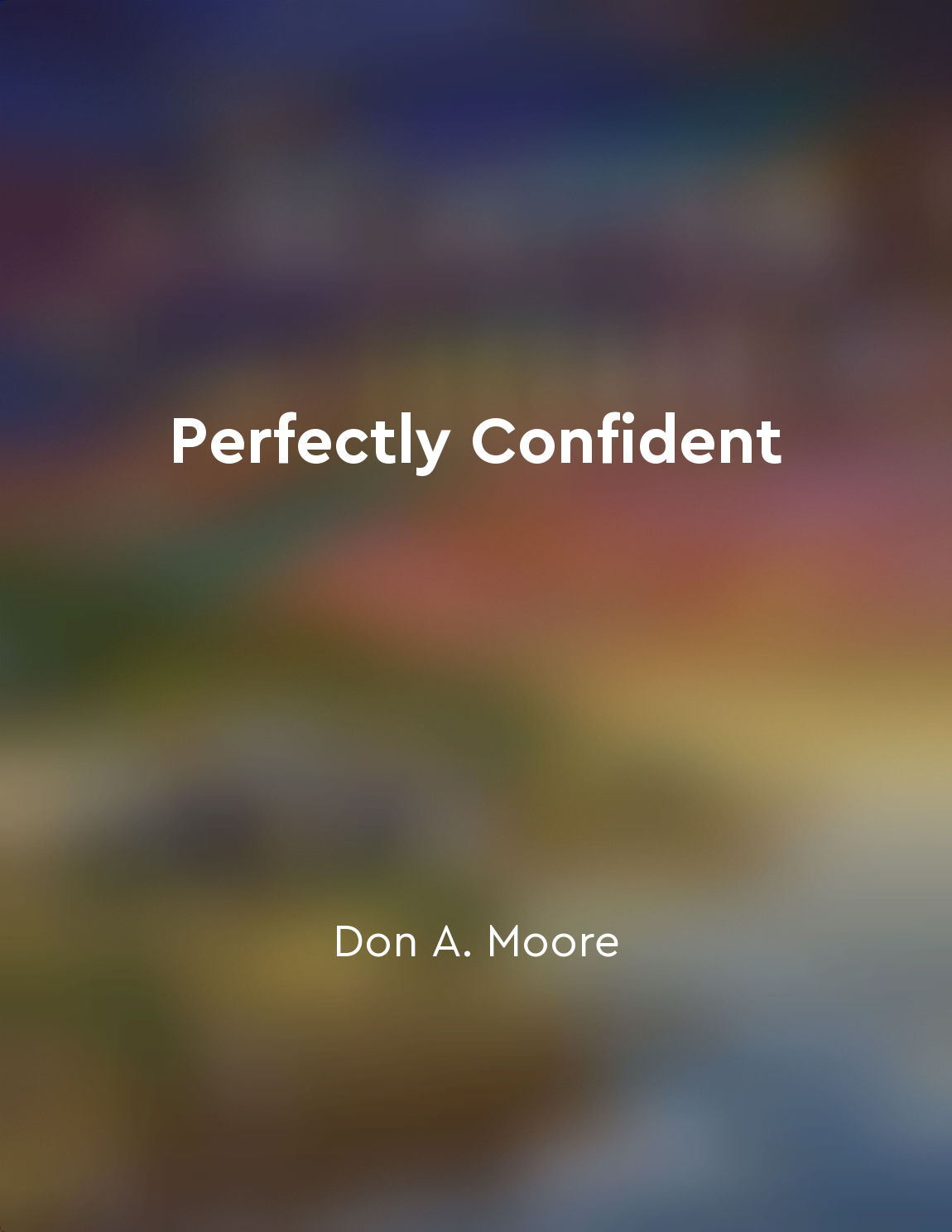Skepticism is healthy, but cynicism is detrimental from "summary" of The Death of Expertise by Thomas M. Nichols
Skepticism is a natural and necessary component of critical thinking. It encourages individuals to question assumptions, challenge authority, and seek evidence to support claims. Skepticism is an important tool in the pursuit of knowledge and the advancement of society. However, when skepticism turns into cynicism, it can have negative consequences. Cynicism is an attitude of distrust or skepticism that often manifests as a general belief that people are motivated purely by self-interest. Cynics are quick to dismiss expertise, authority, and facts as biased or self-serving. They are more likely to believe in conspiracy theories, reject scientific consensus, and embrace misinformation. Cynicism can lead to a breakdown of trust in institutions, erode social cohesion, and hinder progress. In today's digital age, where information is readily available and opinions are easily amplified, cynicism has become increasingly prevalent. The rise of social media and online echo chambers has created fertile gro...Similar Posts
Recognizing faulty arguments
Faulty arguments are a common occurrence in everyday life, and being able to recognize them is a valuable skill. By understandi...
The denial of responsibility enables atrocities to occur unchecked
The denial of responsibility plays a crucial role in allowing atrocities to take place without consequence. When individuals re...
The importance of seeking diverse perspectives when making decisions
When making decisions, it is crucial to seek diverse perspectives. Why? Because we are all subject to cognitive biases that can...
Waves illustrate fundamental physics principles
Waves are everywhere, from the ocean to the air we breathe, and they are more than just a beautiful sight. They are a fundament...
Behavioral patterns can be explained by evolutionary principles
One of the most fascinating aspects of evolutionary biology is the way in which behavioral patterns in animals can be explained...
Our brains are wired to take shortcuts
Our brains are wired to take shortcuts. This is not a flaw in our mental machinery but rather a feature that has evolved over t...
Early philosophers sought to understand the nature of reality
Early philosophers grappled with the fundamental question of what truly exists in the world. Thales of Miletus believed that ev...

Trust is a fragile but essential component of healthy relationships
Trust is the invisible thread that binds individuals together in healthy relationships. It is delicate and easily broken, yet w...
Nature of Universals
The problem concerning universals is one of the most fundamental in philosophy. It is a problem that has puzzled philosophers f...

Confidence can be a doubleedged sword
Confidence is a trait that many of us aspire to possess. It can be a powerful force that propels us forward, enabling us to tak...
